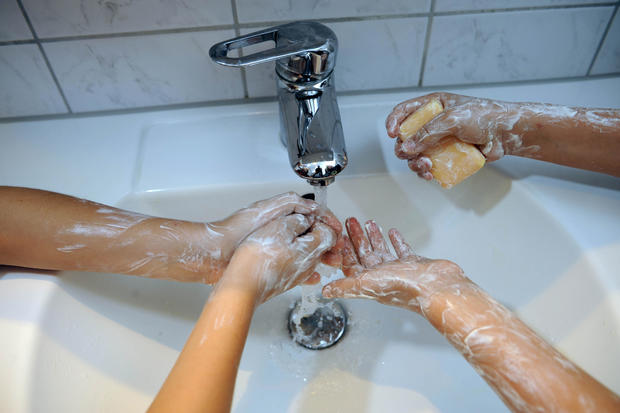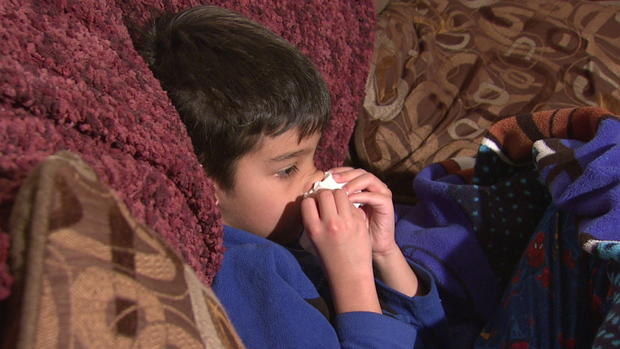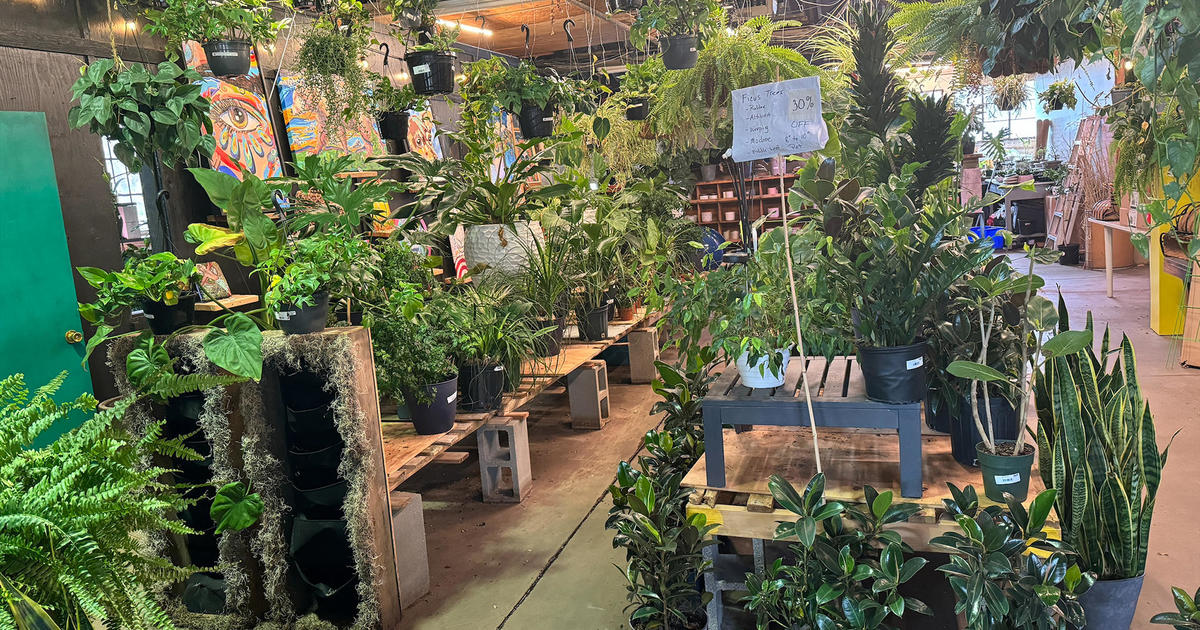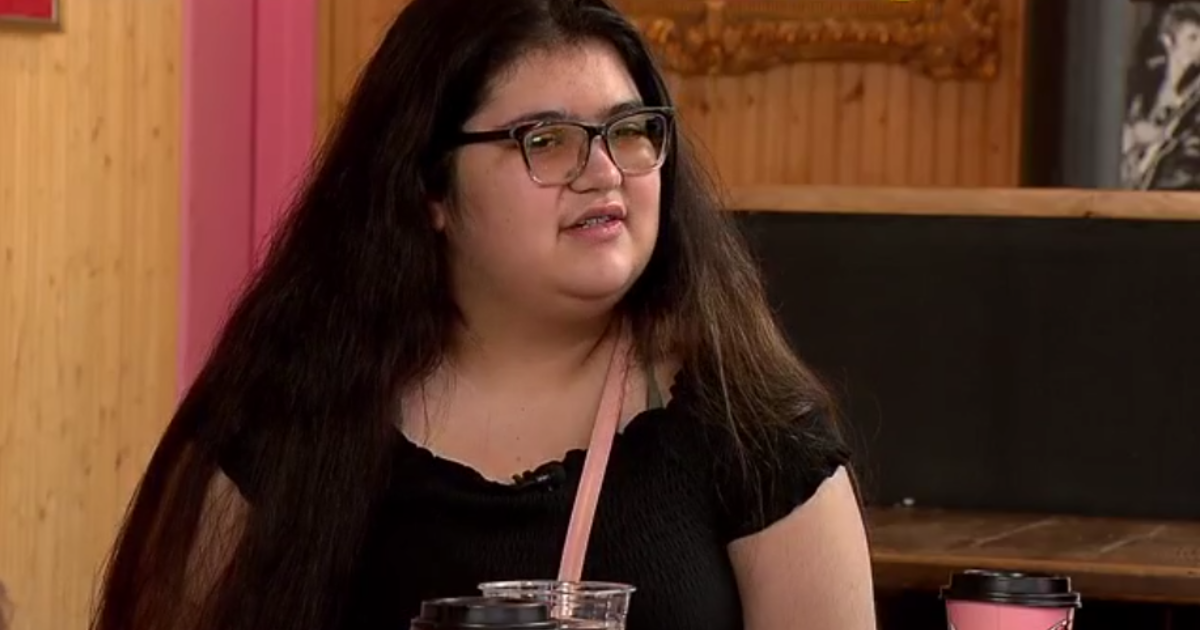Prevention Guidelines From The State Of Colorado
DENVER (CBS4) – Health officials and government leaders have been very clear from the beginning of the Coronavirus outbreak that stopping the spread falls on individual efforts. By following simple prevention guidelines that escalate in relation to a person's health, everyone has the ability to slow the spread of the virus and prevent deaths.
Here are the guidelines that the Colorado Department of Public Health & Environment have laid out:
For People Who Are Feeling Healthy:
Reduce the risk to yourself & your loved ones:
--Frequently and thoroughly wash your hands with soap and water for at least 20 seconds. If soap and
water are not available, use hand sanitizer with at least 60% alcohol.
--Cover coughs and sneezes with a tissue, then throw the tissue in the trash, or use your inner elbow or
sleeve.
--Avoid touching your eyes, nose, and mouth with unwashed hands.
--Clean surfaces in your home, and personal items such as cell phones, using regular household products.
CDPHE Environmental Cleaning Guidance
--Avoid gatherings of 10+ people.
--Limiting close contact with others as much as possible (about 6 feet).
Stay calm & be prepared:
--Store additional supplies of food and water.
--Periodically check your regular prescription drugs to ensure a continuous supply in your home.
--Have any nonprescription drugs and other health supplies on hand, including pain relievers, stomach remedies, cough and cold medicines, fluids with electrolytes, and vitamins.
--Get copies and maintain electronic versions of health records from doctors, hospitals, pharmacies and other sources and store them, for personal reference.
--Talk with family members and loved ones about how they would be cared for if they got sick, or what will be needed to care for them in your home.
People who are not sick do not need face masks to protect themselves from respiratory viruses, including COVID-19.
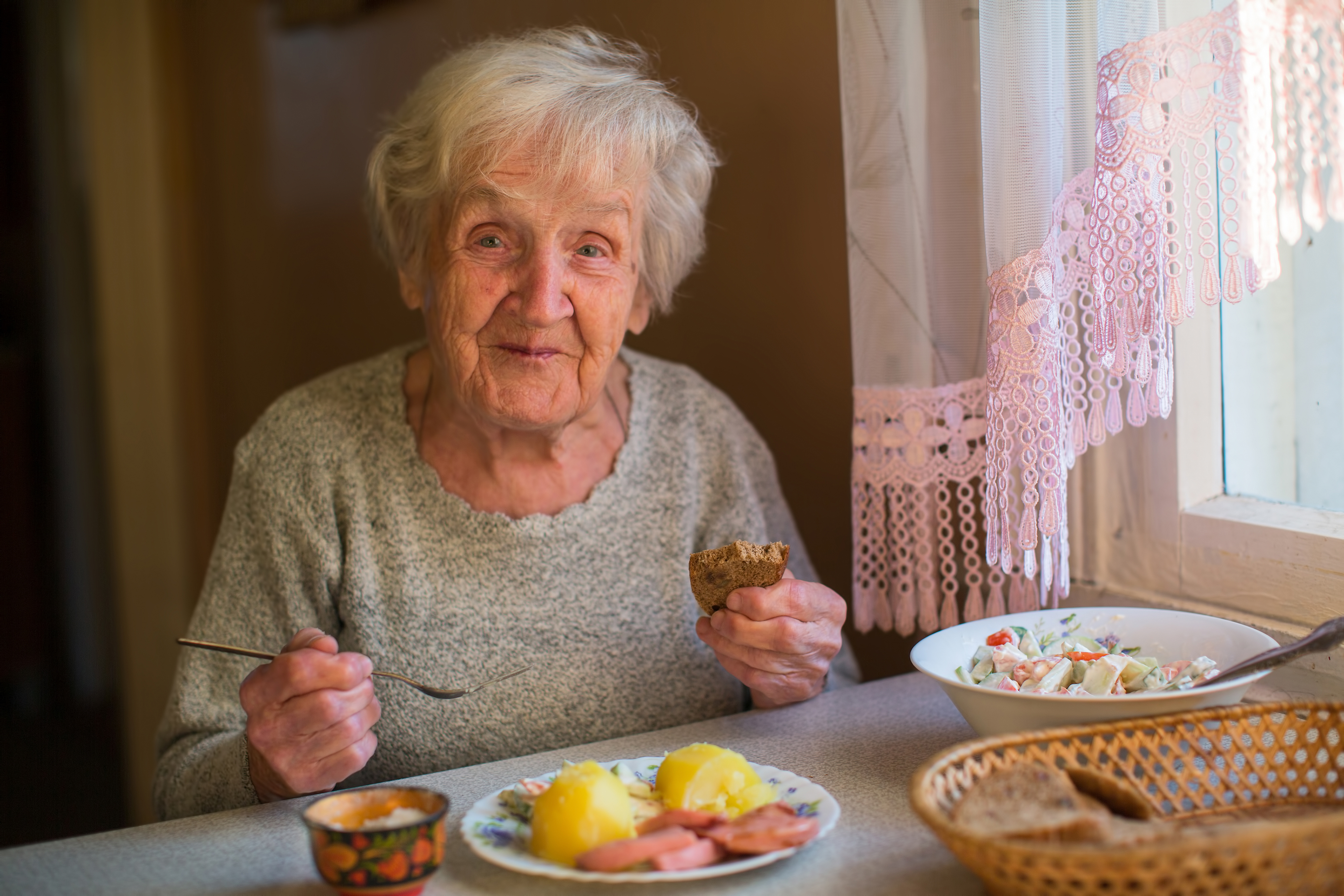
For People Who Are Healthy But In An At-Risk Group:
Certain people are at higher risk of getting very sick from COVID-19, including:
--Older people (over age 60), especially those over 80.
--People who have chronic medical conditions like heart, lung, or kidney disease, or diabetes.
--Older people with chronic medical conditions are at the highest risk.
High risk groups need to take action to stay healthy:
--Stock up on supplies.
--Take everyday precautions to keep space between yourself and others.
--When you go out in public, keep away from others who are sick, limit close contact and wash your hands often.
--Avoid crowds as much as possible.
--Avoid cruise travel and non-essential air travel.
--During a COVID-19 outbreak in your community, stay home as much as possible to further reduce your risk of being exposed.
Everyone's daily precautions will help higher risk people stay healthy.
For People Who Are Feeling Sick:
Stay home if you're sick, and keep your children home if they are sick. There are not enough tests kits to identify every person who has COVID-19; therefore, people experiencing any symptoms of illness should stay at home.
Ill people should wear a mask if they have one, to protect family members and in any scenario where needed to prevent the spread of germs.
It is important to call ahead before going to see a doctor or emergency room to prevent the spread of illness. Tell them your symptoms and that you suspect you were exposed to someone with COVID-19 or had recent travel to a place that is experiencing community spread.
Isolation
--Separates sick people with a contagious disease from people who are not sick.
--Is for people who are already sick.
--Is a routine procedure in hospitals and health care facilities.
--Can be voluntary, but public health agencies have legal authority to issue isolation orders to people who are sick.
How long does it last?
--You should be in isolation (stay away from others) until:
--You have had no fever for at least 72 hours (that is three full days of no fever without using medicine that reduces fevers)
AND
--other symptoms have improved (for example, when your cough or shortness of breath have improved)
AND
--At least 7 days have passed since your symptoms first appeared
Quarantine
--Separates people and restricts their movement if they were exposed to a contagious disease to see if they become sick.
--Is for people who are not sick, but who may have been exposed to someone (in close contact with someone) who is sick.
--Can be voluntary, but Colorado has legal authority to issue quarantine orders to people who were exposed to a contagious disease.
How long does it last?
--Stay at home or stay put in your same location for 14 days so you don't spread the disease to healthy people.
What else should I do?
--If you have a medical appointment, call ahead and let them know you are under quarantine (either by order or self-imposed) for COVID-19, so the office can take steps to protect other people. Otherwise:
--Restrict activities outside your home.
--Do not go to work, school, or public areas.
--Avoid using public transportation, rideshares, or taxis.
If you get sick and your illness is mild, you may be able to isolate and recover at home without seeing a medical provider. If your symptoms worsen or if you are in a higher risk group because you are older than 60 or have a chronic illness, call a health care provider or nurse line to find out what to do.
RELATED: Latest Updates On The Coronavirus Outbreak In Colorado
